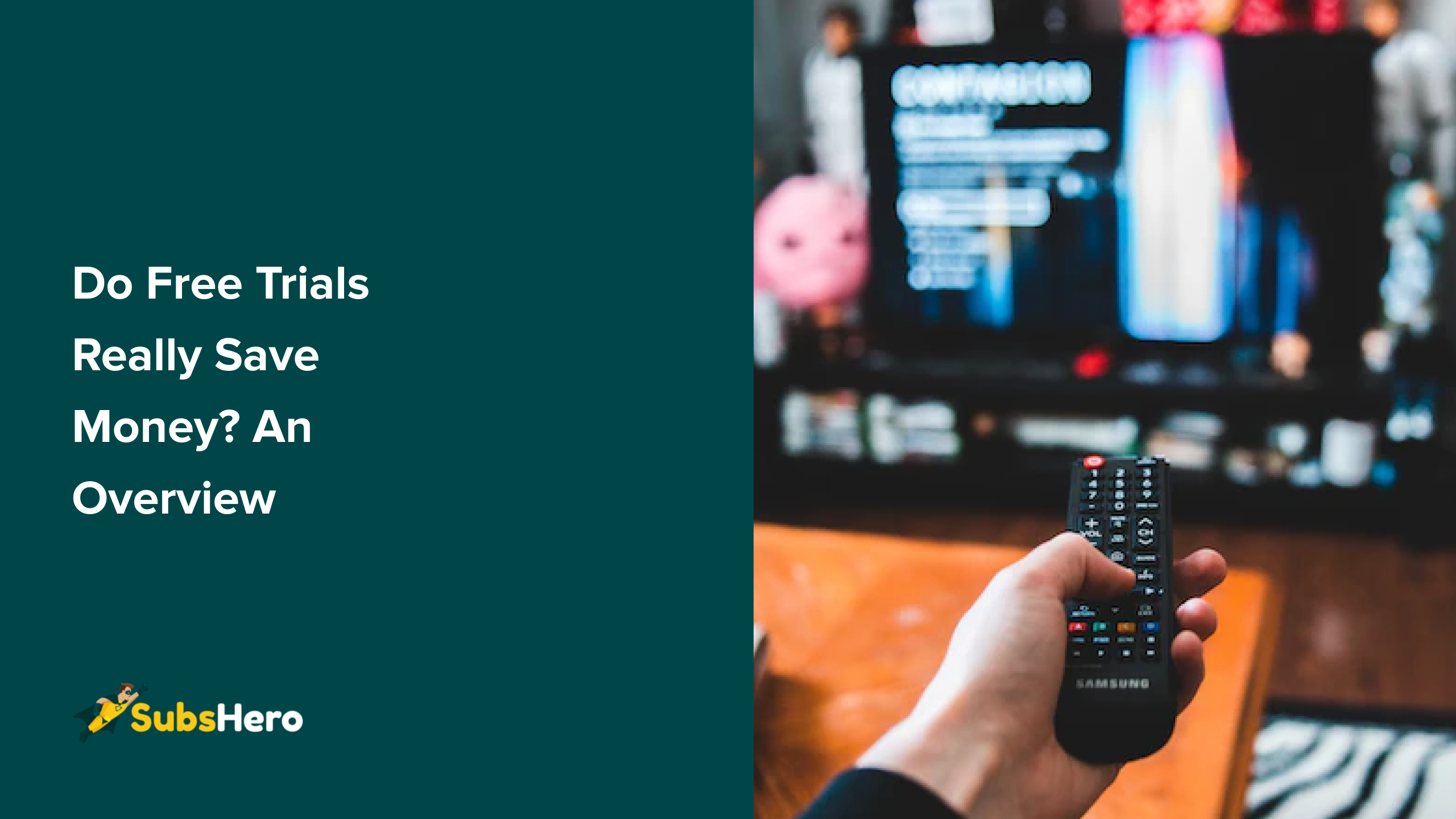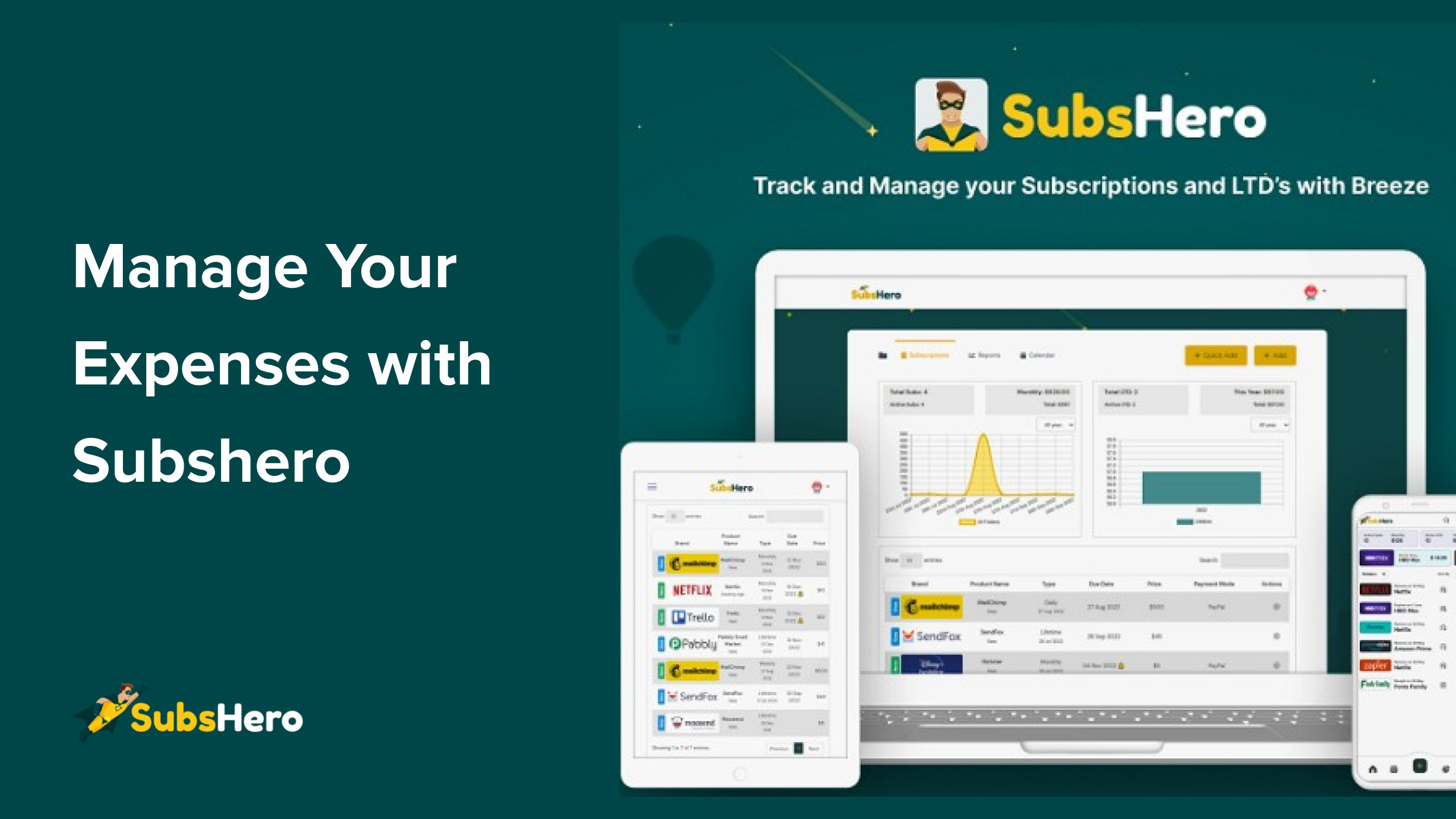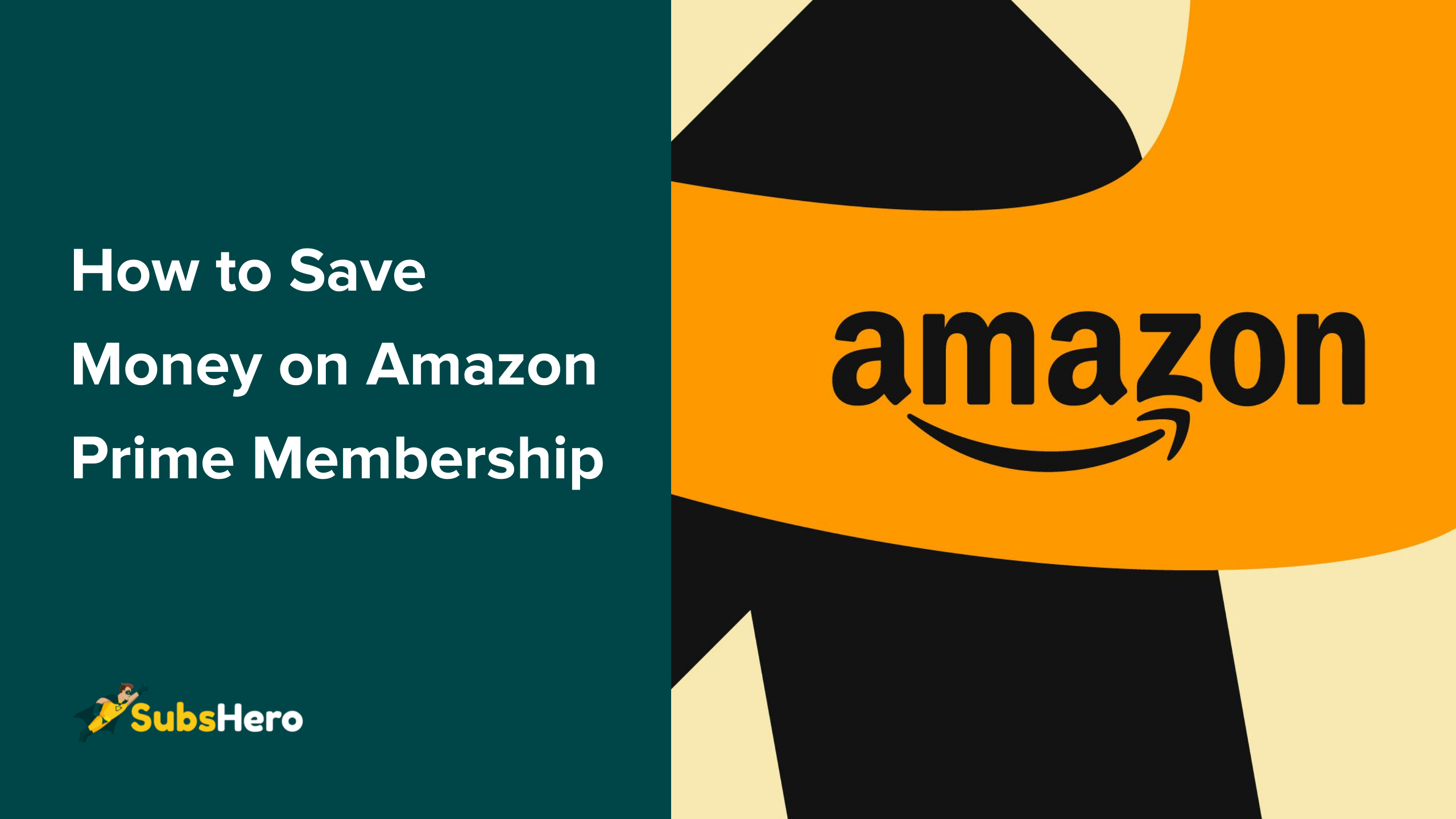Do Free Trials Really Save Money? An Overview
Have you ever been tempted by a free trial offer, only to later realize that it ended up costing you more than you bargained for? Free trials have become a popular marketing tactic for companies to attract new customers and promote their products or services. However, not all free trials are created equal. In this blog post, we will provide an overview of how free trials work, the pros and cons of using them, and the psychology behind why they work so well.
We will also highlight some of the hidden costs and caveats associated with free trials that consumers should be aware of. Finally, we will offer strategies for maximizing the benefits of free trials while minimizing the risks. So before you sign up for your next free trial, read on to learn more about whether or not they really save you money in the long run.
Overview of Free Trials
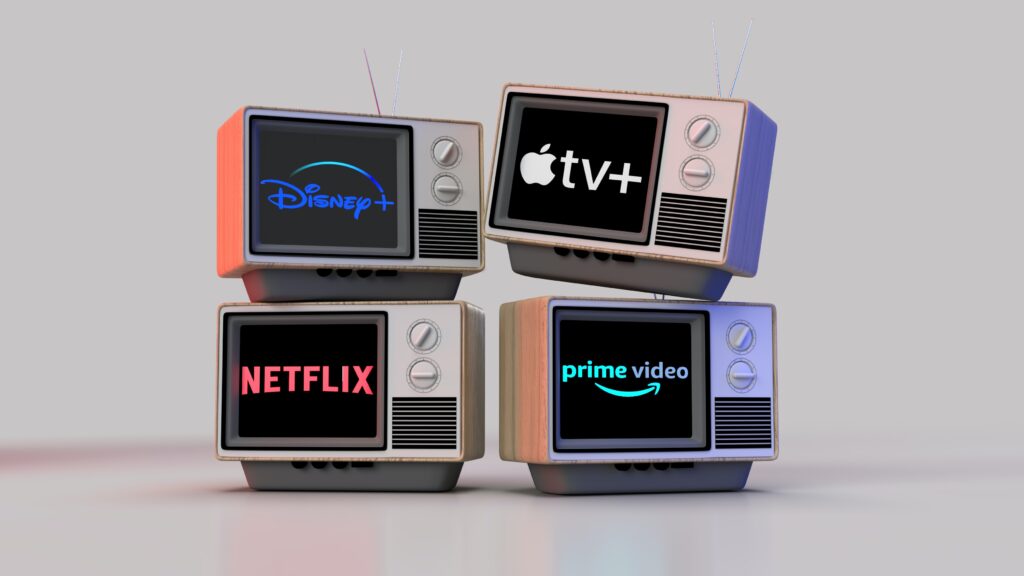
Trial periods have become a popular tool for companies in pricing their products or services. While they provide potential customers with enough time to evaluate the offering, they still hold drawbacks that can be considered by consumers. Free trials can be an excellent way of assessing quality and suitability before making a purchase. Nonetheless, the trial period should be closely monitored as some companies use email addresses one provides during sign-up for upselling or cross-selling tactics during the trial period.
Pros of Free Trials
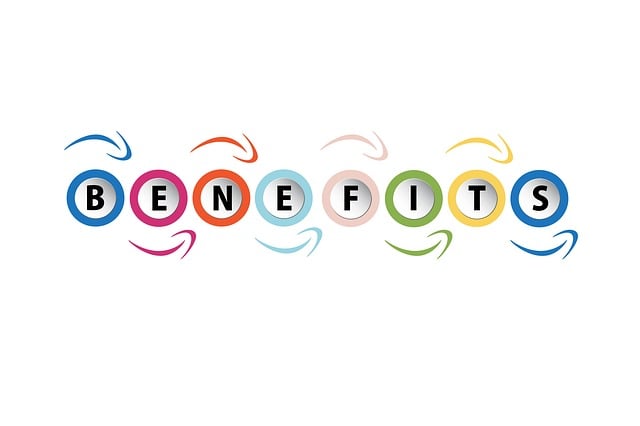
The advantages of using free trials are numerous. Customers can assess products or services without paying any fees upfront and can compare offerings before making a purchase. This allows them to evaluate pain points and metrics, which can be helpful when deciding whether or not to convert into a paid subscription. A trial period provides enough time for potential customers to evaluate the service’s value proposition and decide if it aligns with their needs.
Test products or services before paying
Free trials offer potential customers an excellent opportunity to evaluate products or services without having to invest any money upfront. Trial periods can vary in length, allowing customers enough time to assess quality and suitability before committing to a subscription or purchase. Before signing up for a free trial, it’s essential to read the fine print carefully, including the time limit for cancellation and potential hidden fees.
Potential to discover valuable offerings without upfront costs
Potential customers can explore new products or services with free trial periods. They can test out features and benefits without risking their money or subscriptions. With limited time and no small fees at checkout, users can compare options before subscribing to any particular subscription plan.
Ability to assess quality and suitability before making a purchase
Before committing to a paid subscription through free trials, it’s crucial to evaluate the quality and suitability of the product or service. By utilizing the free trial period, you can thoroughly test the performance of the product or service. This can help you avoid unsatisfactory purchases and save you from unwanted charges in the future. Don’t forget to keep track of your trial period and make sure to cancel the subscription before it auto-renews.
Cons of Free Trials

Although free trials are a great way to test out products or services without any upfront costs, there are also drawbacks that potential customers should consider. These include misleading information about products/services, data collection by companies for marketing purposes through free trial sign-ups, and the possibility of being charged if one forgets to cancel before the end of the trial period.
Automatic conversion to paid subscriptions
Before signing up for a free trial, it is crucial to read the terms and conditions. Providing credit card information upfront is commonplace, but forgetting to cancel before the trial period ends can result in automatic conversion to paid subscriptions. Cancelling can be difficult with some companies, so tracking end dates and setting reminders is essential.
Limited trial durations
To prevent unexpected charges from limited free trial periods, it’s important to keep track of end dates and set reminders for cancellations. Reading terms and conditions thoroughly is also critical as some companies may make it challenging to unsubscribe or have hidden fees.
Cumulative costs of multiple free trials
It’s crucial to monitor the end of each free trial period and cancel any subscriptions you don’t need. Subscribing to too many trials simultaneously can result in unexpected fees. Plus, free trials might tempt users into committing to services they can’t afford long-term. Keep a close eye on renewal dates and pricing details for TV/streaming services like Hulu or Amazon Prime.
The Psychology Behind Free Trials

Psychological principle of reciprocity to drive conversions
Companies leverage the psychological principle of reciprocity to drive conversions through free trials. The idea is that when people get something for free, they feel obliged to return the favour by becoming paying customers. Free trials capitalize on this phenomenon and aim to convert trial users into paying subscribers.
Creating a sense of urgency and scarcity to encourage immediate decisions
When trying to entice potential customers with free trials, companies create urgency and scarcity by limiting trial periods or availability. This can be an effective tactic; however, it’s essential to thoroughly review the terms and conditions before signing up for a free trial. Companies may automatically convert the free trial into a paid subscription if not cancelled within the specified time frame.
Convenience and Inertia on subscription retention
This convenience plays into our natural tendency towards inertia – the desire to stick with the status quo. To ensure you’re not paying for a service you no longer need, set a reminder to cancel your subscription before the trial period ends if you don’t want to continue. By taking control of your subscriptions, you can avoid unnecessary charges and make more informed purchasing decisions.
Hidden Costs and Caveats
Fine print and terms of service that may be overlooked
When considering free trials, always make sure to read the fine print and terms of service. Many free trials require credit card information upfront and may automatically charge you after the trial period ends. Additionally, some trials may have limited features or only offer a short trial period.
Difficulties in cancelling subscriptions and potential billing errors
Once a free trial has ended, cancelling a subscription may not be easy due to potential billing errors. Unexpected charges could occur if users provide credit card information during the free trial period. Additionally, some companies may continue billing users even after the end of the trial period. Reading the terms and conditions before signing up for a free trial is critical to avoid these issues.
Upselling and cross-selling tactics during the trial period
During free trials, it’s common for companies to use upselling and cross-selling tactics to entice potential customers into purchasing additional products or services. To avoid unexpected charges or automatic renewals, it’s crucial to carefully read the fine print and understand the cancellation policies. Setting reminders before the end of the trial period can also prevent these issues from occurring.
Strategies for Maximizing Free Trials

Setting reminders for trial expiration and cancellation deadlines
It’s crucial to be proactive about setting reminders for trial expiration and cancellation deadlines during free trials. Understanding the duration of each free trial period is essential to ensure you have enough time to evaluate potential pain points and metrics before the end of the trial. To cancel your subscription during this period, you can log in to your account dashboard or checkout page and follow instructions provided by the company’s website via an email address or on social media channels like Twitter or Facebook.
Evaluating multiple free trials concurrently to compare offerings
To maximize the potential of evaluating multiple free trials concurrently, keeping track of every trial’s end date and cancelling it on time to avoid being charged is crucial. Calendar apps or phone alerts can be used as reminders. It helps in comparing different offerings and finalizing which services are suitable for individual requirements.
Negotiating extended trial periods or discounted rates
To save money on subscription services like internet TV and streaming services, try negotiating extended trial periods or discounted rates. Before committing to a free trial period for Hulu or Amazon Prime, research and compare pricing plans. Reach out to customer service via email if you need an extension or discount.
Conclusion
In conclusion, free trials can be a great way to test out products or services before committing to a purchase. However, it is important to be aware of the potential drawbacks and hidden costs that may come with them. By understanding how free trials work, the psychology behind them, and strategies for maximizing their benefits while minimizing their risks, you can make informed decisions about whether or not they are worth your time and money.
If you are considering signing up for a free trial, take the time to read the terms of service carefully and set reminders for yourself so that you do not accidentally get charged for something you did not intend to pay for. Keep these tips in mind and make the most of your free trials!


